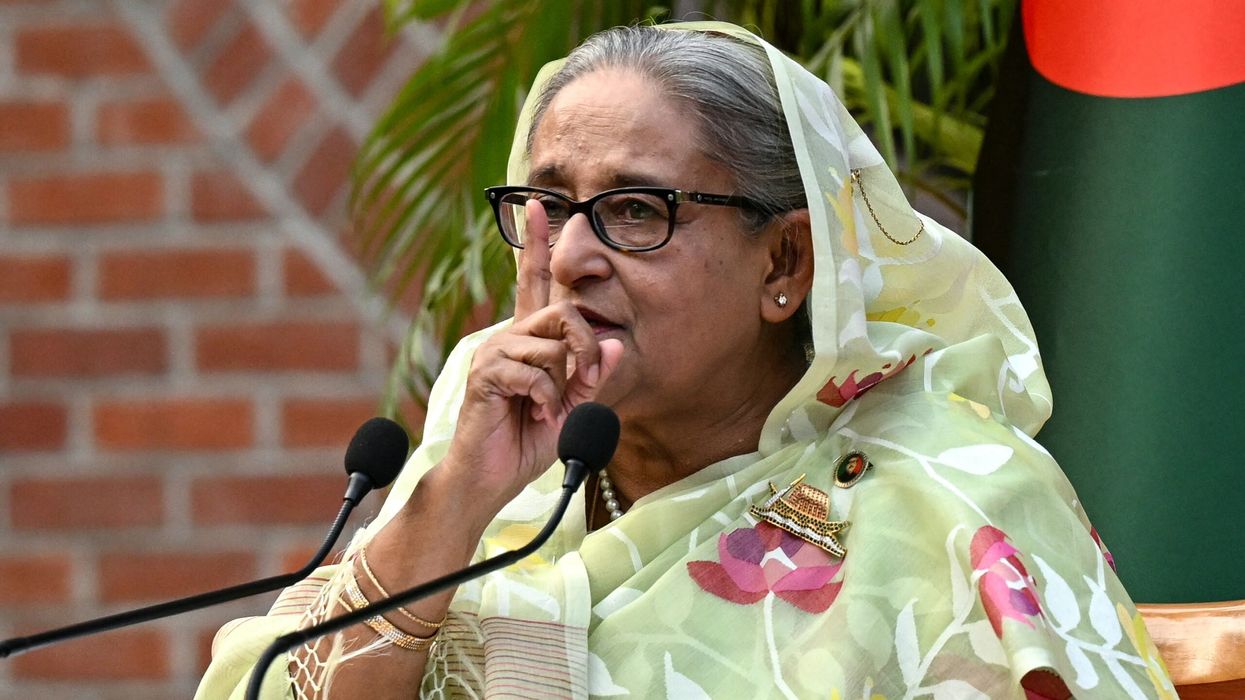SOME of India's private hospitals have cancelled orders for Russia's Sputnik V vaccine as they struggle to sell Covid-19 shots amid surging supplies of free doses of other vaccines offered by the government.
Industry officials said low demand and the extremely cold storage temperatures required have spurred at least three big hospitals to cancel orders for Sputnik V, sold only on the private market in the world's biggest vaccine-producing country.
"With storage and everything, we have cancelled our order for 2,500 doses," said Jitendra Oswal, a senior medical official at Bharati Vidyapeeth Medical College and Hospital in the western city of Pune.
"Demand is also not great. There is a class of people, barely one per cent, that wanted to go for Sputnik. For the rest, anything would do."
From May until last week, private hospitals accounted for just about 6 per cent of all vaccines administered in India, although the government had freed them to buy up to a quarter of domestic output, health ministry data show.
India is set to become a major production centre of Sputnik V, with planned capacity of about 850 million shots a year, and low domestic uptake could mean higher exports instead, a step backers are already pushing for. Indian companies have already started making Sputnik doses.
The health ministry did not immediately respond to a request for comment.
Since a June launch event by Indian distributor Dr Reddy's Laboratories Ltd, only 943,000 doses of Sputnik V have been administered by hospitals, a fraction of the national total of more than 876 million.
Dr Reddy's, which has imported about 3 million doses of the vaccine from Russia and refunded hospitals for cancelled orders, declined to comment.
Its partner the Russian Direct Investment Fund, which markets Sputnik V internationally, also declined to comment.
The mainstay of India's inoculation drive is the AstraZeneca vaccine, which can be stored in regular refrigerators, unlike Sputnik V, which needs temperatures of -18 degrees Celsius (-0.4°F), impossible to guarantee in most of India.
The vaccine is also as much as 47 per cent more expensive than AstraZeneca on the private market.
Avis Hospitals, which runs eight vaccination centres in the southern city of Hyderabad, has also cancelled an order for 10,000 Sputnik V doses, said a source with direct knowledge of the matter who sought anonymity in discussing business matters.
Avis did not respond to an email seeking comment.
Another Pune hospital, which declined to be identified, said it had also cancelled its Sputnik V orders.
India's monthly production of vaccine, mainly of the AstraZeneca shot known domestically as Covishield, has quadrupled to 300 million doses from April, when a dramatic surge in infections and deaths prompted a halt in exports.
Covishield accounts for 88 per cent of India's inoculations, followed by Bharat Biotech's domestically developed Covaxin. Both are administered for free at government centres since mid-January.







 John Dramani Mahama welcomes Modi on his arrival in Accra last Wednesday (2)
John Dramani Mahama welcomes Modi on his arrival in Accra last Wednesday (2) South Africa’s president Cyril Ramaphosa, Brazil’s president Luiz Inacio Lula da Silva, Modi and China’s premier Li Qiang at the Brics summit last Sunday (6)
South Africa’s president Cyril Ramaphosa, Brazil’s president Luiz Inacio Lula da Silva, Modi and China’s premier Li Qiang at the Brics summit last Sunday (6)












